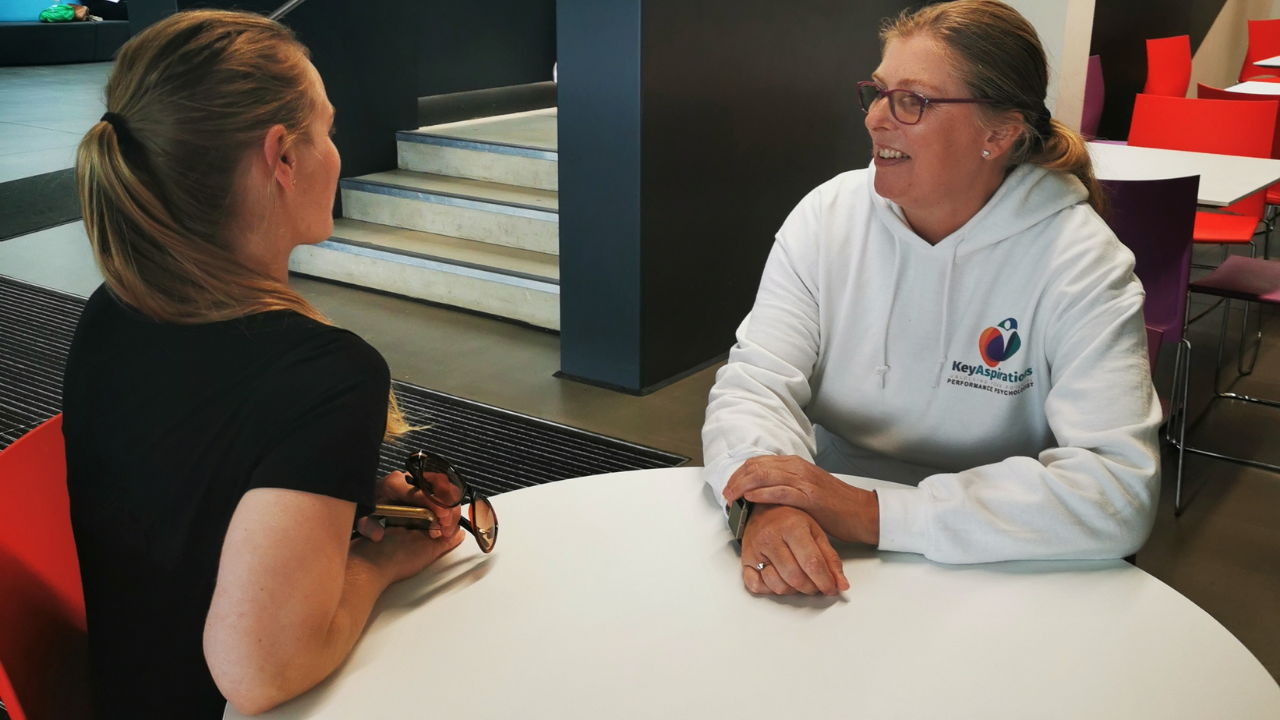BPS Supervision for Aspiring Sport and Exercise Psychologists

BPS Supervision for Aspiring Sport and Exercise Psychologists
Offering professional supervision experience on your road to professional accreditation, designed to elevate your professional practice, secure top-tier placements, and navigate the complexities of building a successful consultancy.
Ready to transform your passion into a distinguished career? Discover how our unique tailored approach can set you apart in the competitive field of sport and exercise psychology.
Your Pathway to being a Sport and Exercise Psychology
Achieving full qualification as a sport and exercise psychologist, along with registration with the Health and Care Professions Council (HCPC), necessitates choosing one of two distinct pathways post-acquisition of relevant undergraduate and postgraduate qualifications.
The first pathway which is is the one I took, involves completing the British Psychological Society’s (BPS) Sport and Exercise Psychology Qualification (QSEP) at Stage two. This route demands a minimum of two years in supervised applied practice following qualification. To fulfill the requirements of this pathway, candidates must receive supervision from an HCPC registered sport and exercise psychologist who is additionally listed on the BPS Register of Applied Psychology Practice Supervisors (RAPPS), a register acknowledging psychologists with distinct supervision expertise in particular domains of practice.
Alternatively, the second pathway culminates in achieving the status of a Sport and Exercise Psychologist accredited by the British Association of Sport and Exercise Science (BASES), via the Sport and Exercise Psychology Accreditation Route (SEPAR). This approach also mandates at least two years of ‘Supervised Experience’, guided by a mentor who is both accredited by BASES and registered with the HCPC. Additionally, a 'fast track' option (APEC) is available for those who qualify.
The reason that I chose the BPS route was the desire to work in other areas of performance psychology beyond sport. I now work with high-performance in sport, business and education and create an ethical profitable practice where clients achieve amazing results.
My Story
I always wanted to be a sport and exercise psychologist and tried to apply for an university place when I was 18. Unfortunately, I was rejected because I wasn't predicted to get the grades so I became a lifeguard instead.
I remember that I spent most of my time on poolside, imagining what life would be like as a sport psychologist and who I would be working with.
It seemed only a dream at the time, but it was always in the back of my mind. The thing was, I didn't believe I had what it takes.
I was bullied at school which affected my self esteem and my English teacher told me that my English was so bad that I would never be able to study at a high level.
I kept coming back to it and then finding reasons why it wouldn't happen. Howeverm this all changed on Mothers Day, March 10th 2002. This was the day that my mum passed away and I realised that life is short

